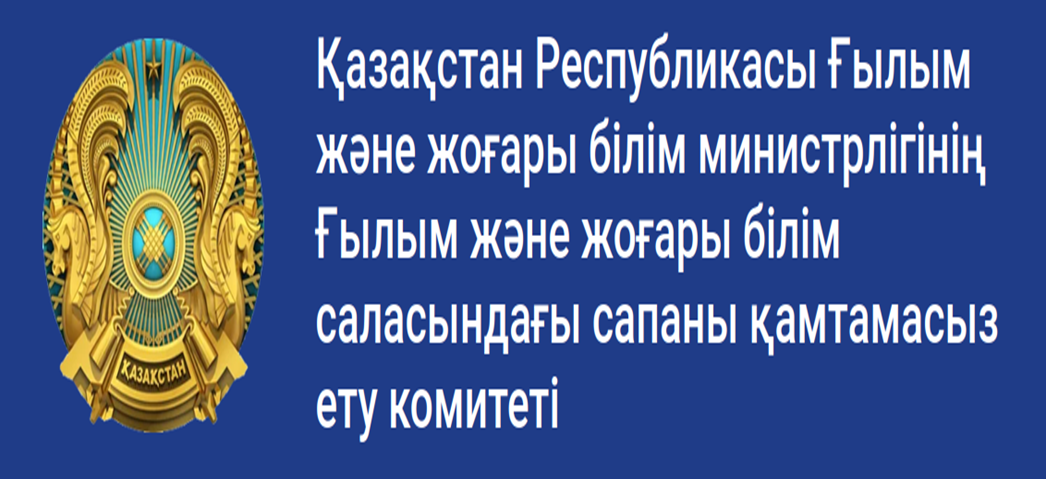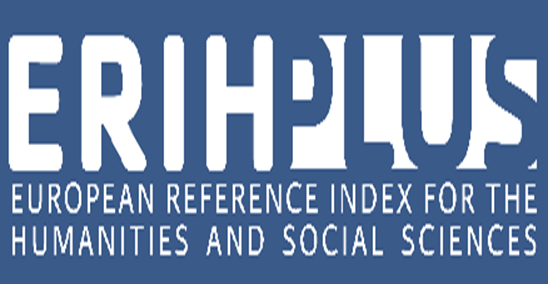Ritual folklore in the research of Shakir Ibraev
Views: 240 / PDF downloads: 8
DOI:
https://doi.org/10.32523/2664-5157-2025-3-242-252Keywords:
Sh. Ibraev, folklore, mythological consciousness, beliefs, syncretism, synthesis, ritual folkloreAbstract
The work of the renowned folklorist Sh. Ibraev is a comprehensive scholarly work addressing key issues in the study of Kazakh Ritual Folklore. Each chapter proffers solutions to complex theoretical and practical problems. The preface provides a systematic definition of folklore, approaching it from a new perspective and highlighting its cognitive, ritual, artistic, and educational functions. The first chapter is dedicated to the complex nature of folklore, exploring its connections to ethnography, anthropology, and literary studies, and emphasizing the importance of integrating anthropology into folklore research.The second chapter provides a theoretical interpretation of syncretism and synthesis in folklore. Ibraev discusses the interplay between folklore and the performance traditions of akyns and zhyraus as well as ritual elements such as incantations, blessings, and shamanic chants. He identifies plot, motif, and artistic techniques as markers of genre syncretism.Subsequent chapters analyze oral creativity, artistic methods, the history of Kazakh folklore studies, multivariance, improvisation, ancient folklore, and myth. The author examines the deep roots of mythological consciousness in the worldview of the Kazakh people and its integration into folklore.In the chapter on labor folklore, Ibraev studies examples related to animal husbandry and agriculture and draws conclusions about their meaning and origin in ritual practices.The central section, “Ritual Folklore,” includes four chapters on magical genres, family rituals, wedding songs, and funeral rites. Each chapter is divided into subsections detailing genre subtypes. The author demonstrates that magical and family rituals stem from ancient beliefs. Wedding rituals such as betrothal (kudalyk), the bride’s departure (kyz uzatu), and her reception into the groom’s home (kelin tusiru) – are shown to give rise to specific verbal and performative works. Ibraev introduces the concept of “Funeral Ritual Folklore” as an original scholarly category, drawing on global theories while emphasizing Kazakh distinctiveness. His systematization of theoretical problems and innovative conclusions hold major value for both Kazakh and world folklore studies.The monograph Kazakh Ritual Folklore (Kazakting guriptik folklory) presents fundamental theoretical foundations of Kazakh and international folklore studies.
Downloads
Downloads
Published
How to Cite
Issue
Section
License
Copyright (c) 2025 Turkic Studies Journal

This work is licensed under a Creative Commons Attribution-NonCommercial 4.0 International License.


























